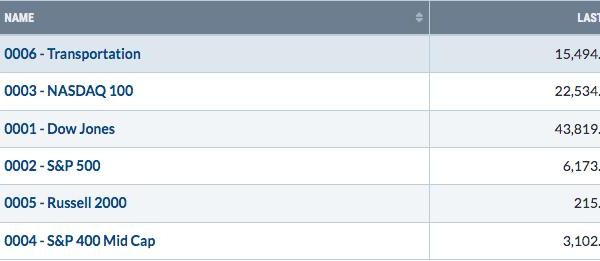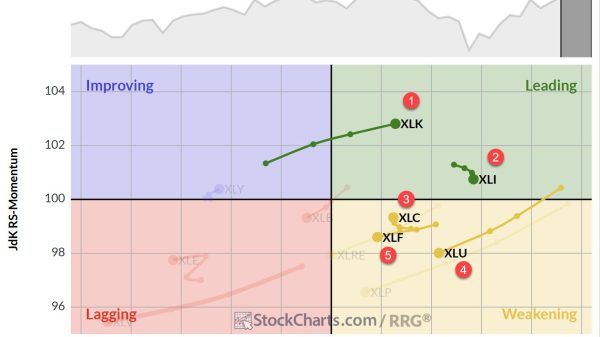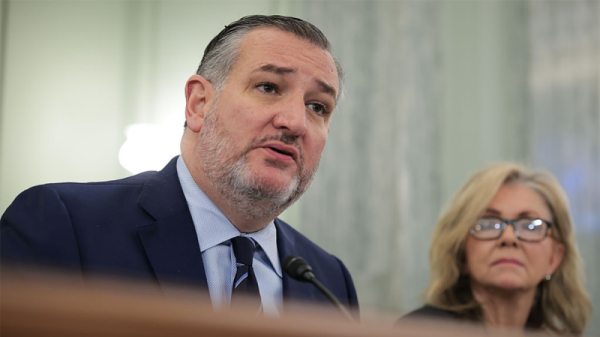Thinking about entrepreneurship in the tech industry typically conjures images of start-ups and visionary innovators in Silicon Valley.
While that is certainly one form of entrepreneurship, there is another form that might not be initially recognized as entrepreneurship in the same manner. Millions of individuals have leveraged the opportunities provided by online platforms to become entrepreneurs via content creation, via community development, or by creating or promoting a small business. This type of entrepreneurship and the opportunities to engage in it are also impacted by various technology policy decisions.
In my new paper, “Content Creators, Entrepreneurial Users, and the Impact of Tech Policy,” I discuss why we should consider the entrepreneurship behind the content creation and community-building found online. I also discuss how tech policy changes might impact these entrepreneurial users in ways distinct from the average user and the more traditional start-up-style entrepreneurship. The paper explores how the debates around key tech policy topics like antitrust, online speech, and data privacy might impact these communities. It also briefly discusses whether or when such communities might engage in responses to these policy changes, such as when the Children’s Online Privacy Protection Act and a YouTube consent decree were perceived as impacting YouTube content creators. (The challenge to the TikTok divest or ban law by some of the platform’s content creators would also provide another illustrative example of such a response, but the case was ongoing at the time of the paper’s drafting.)
As the debates around tech policy issues continue in Washington, DC, state legislatures, and around the world, it is important we consider the ways such changes would impact not only “tech” businesses but also a wider array of entrepreneurship and communities enabled by the lower barriers to entry and ample opportunities that online platforms have provided.


















